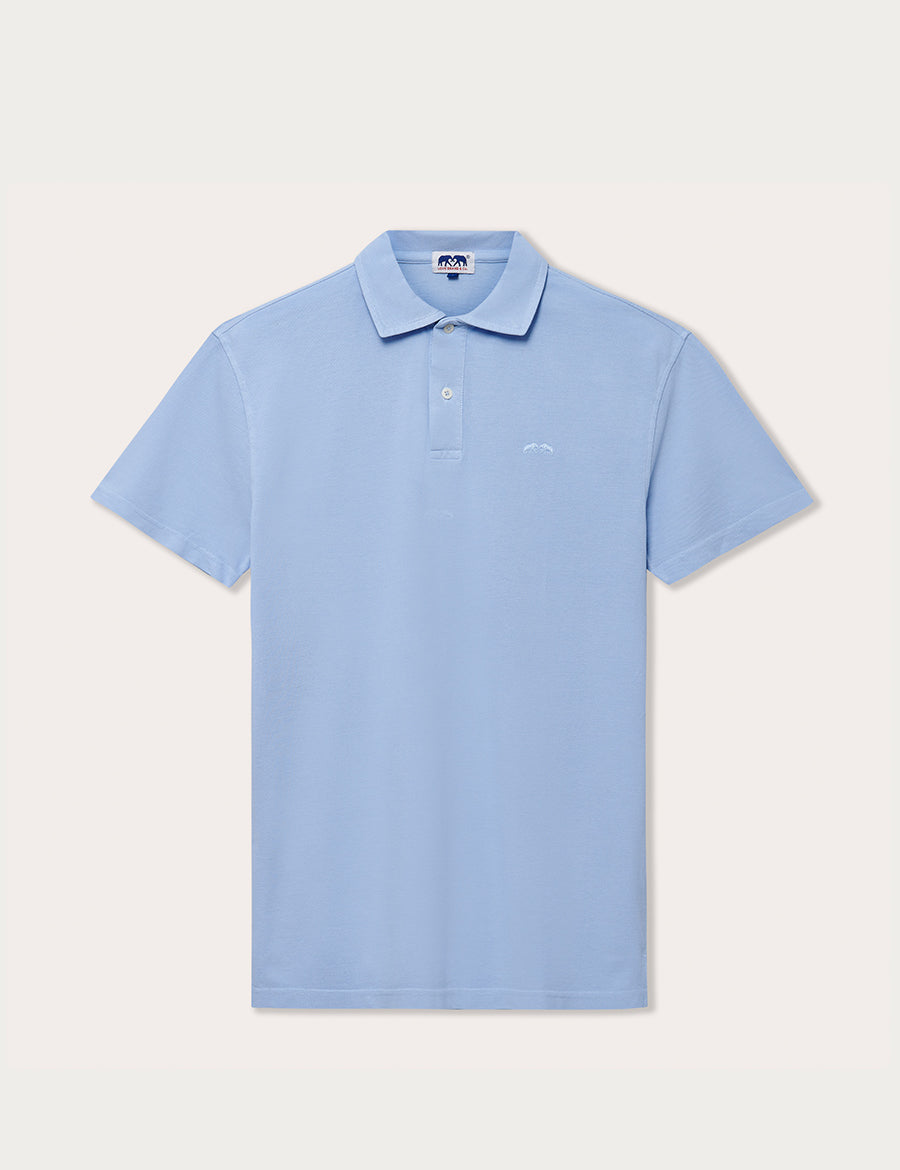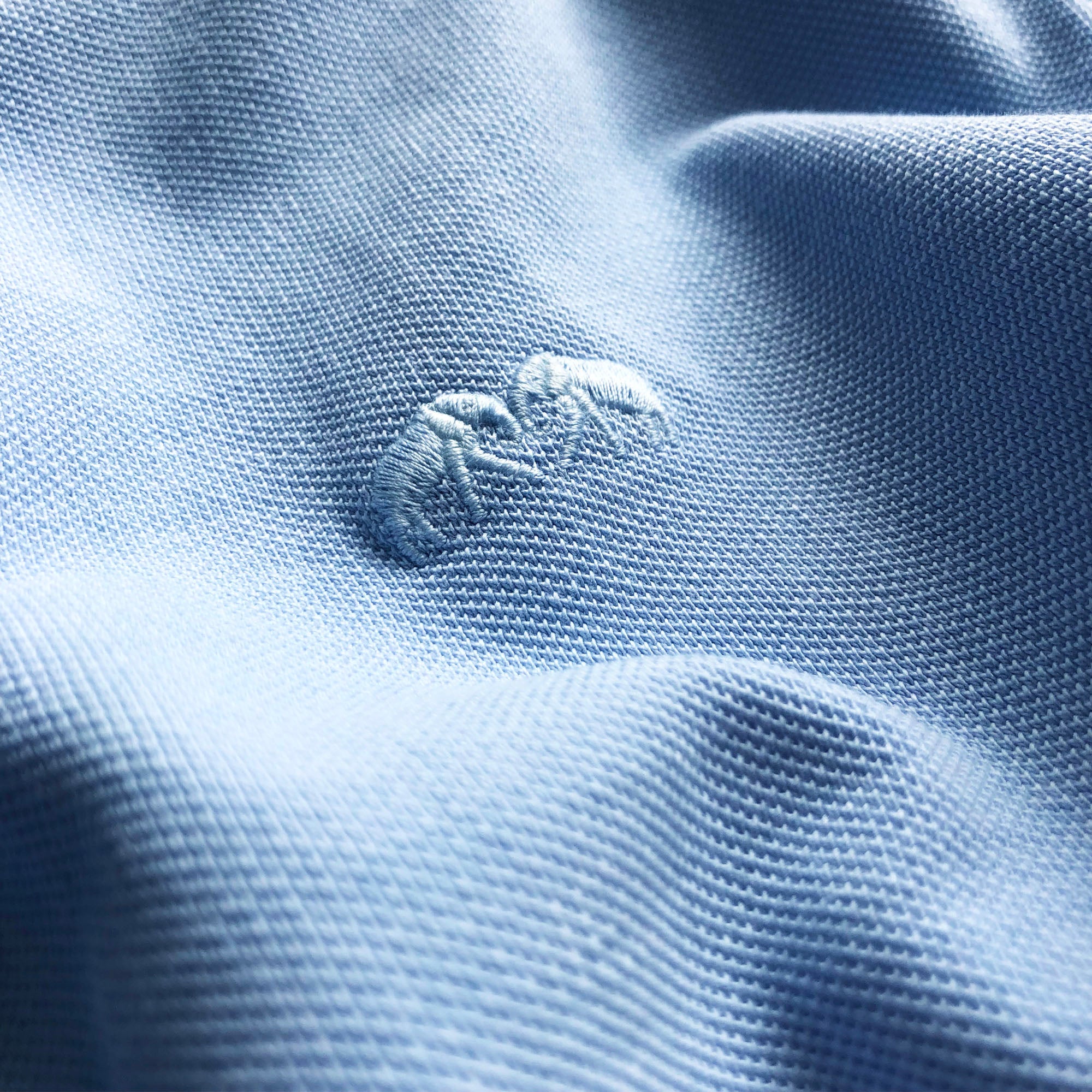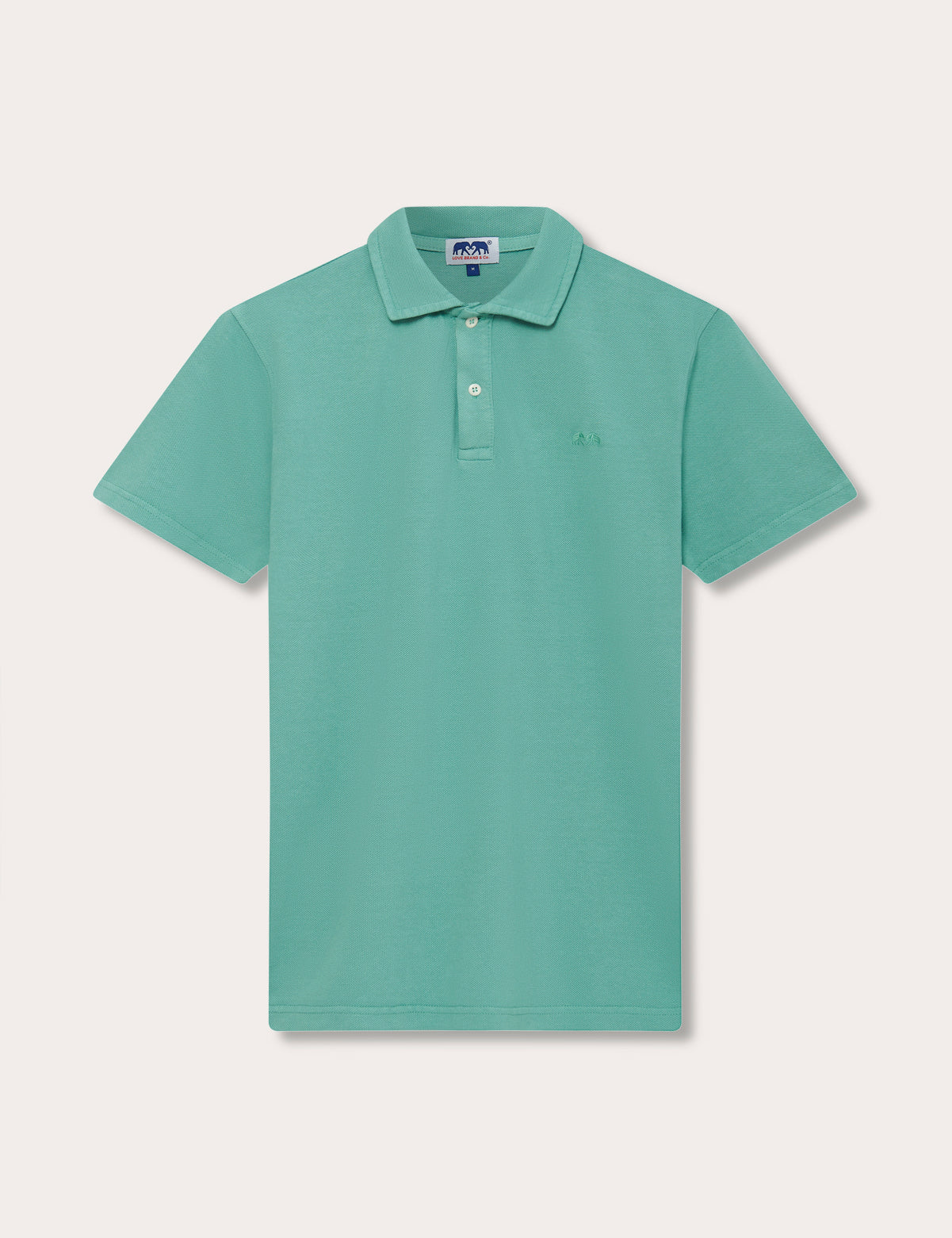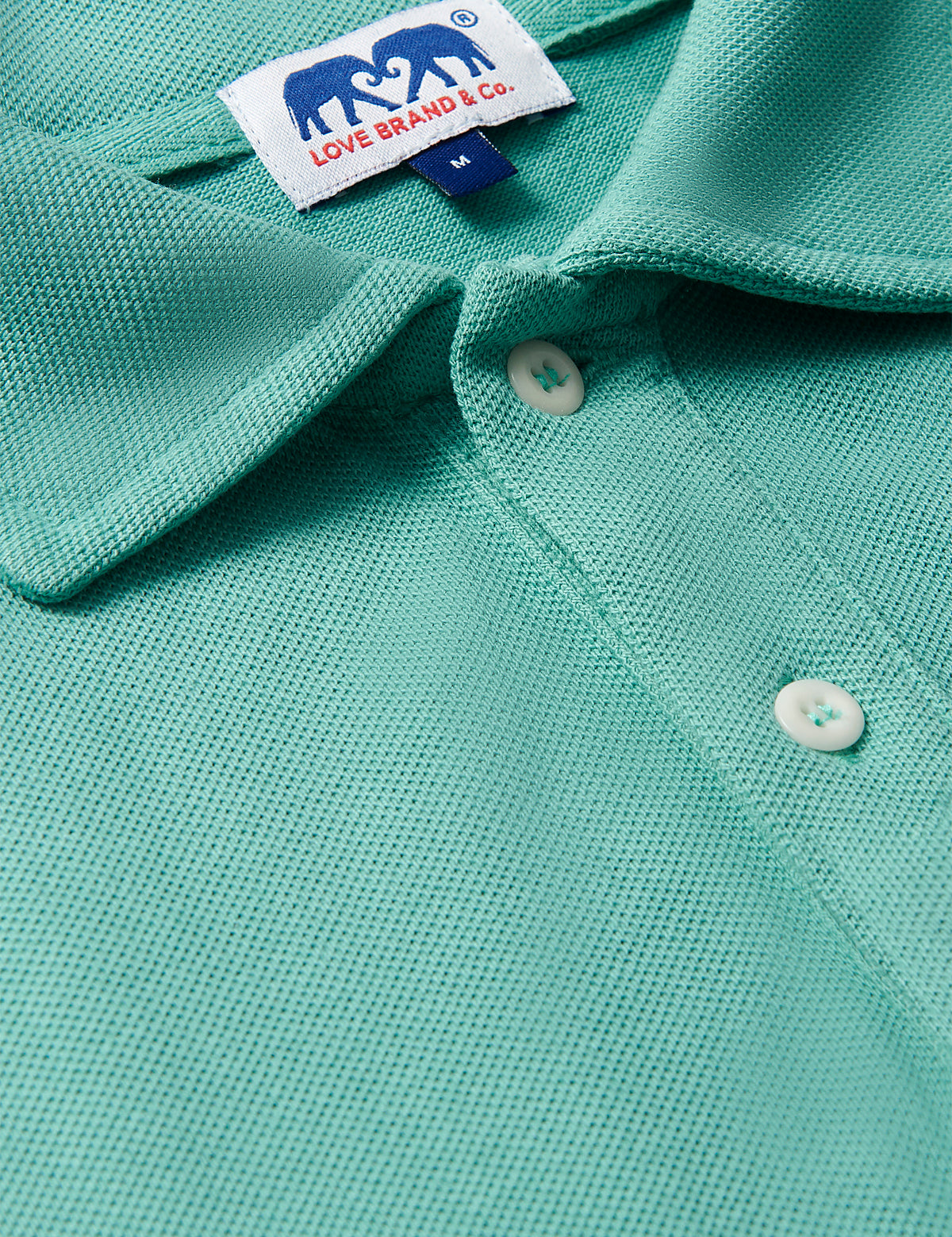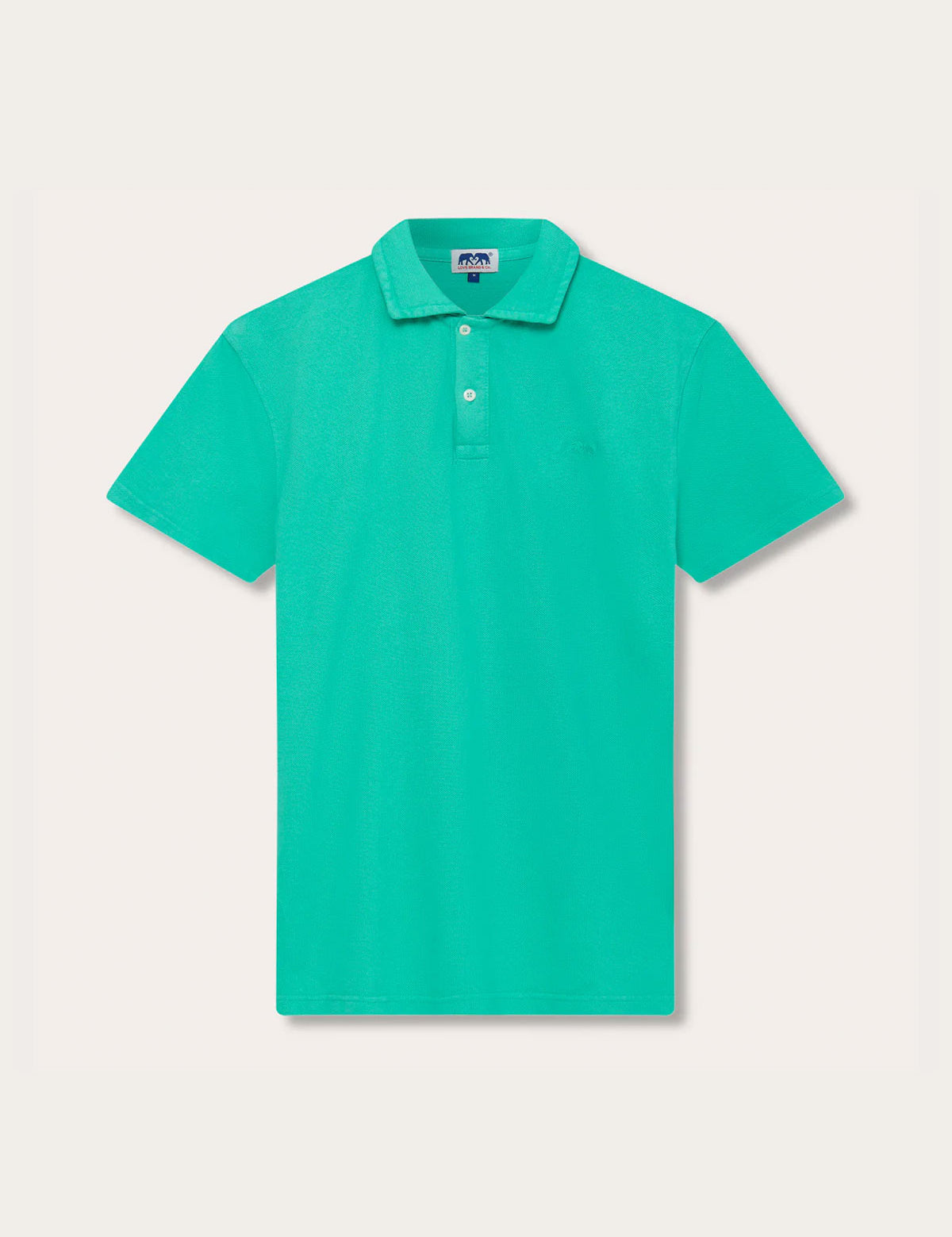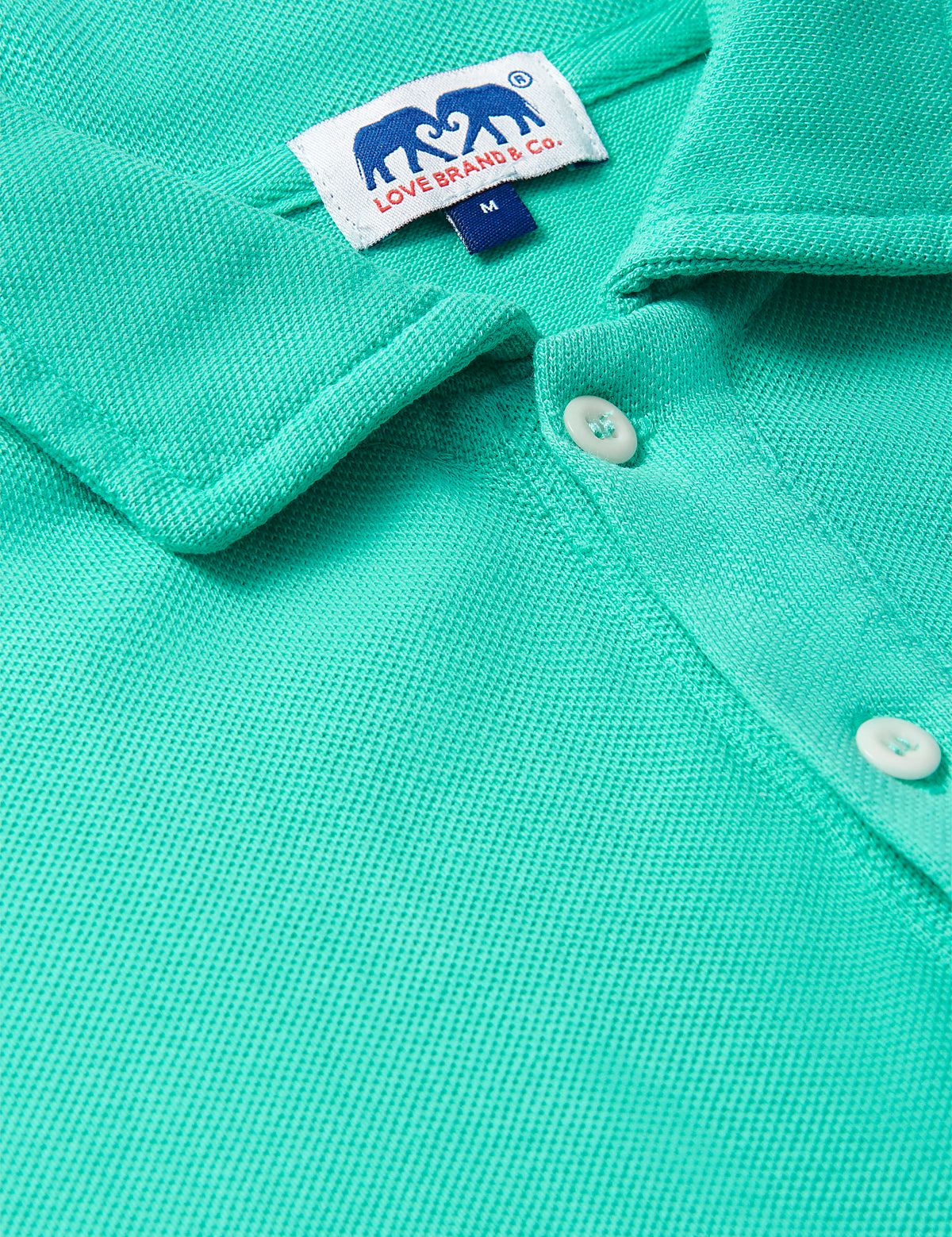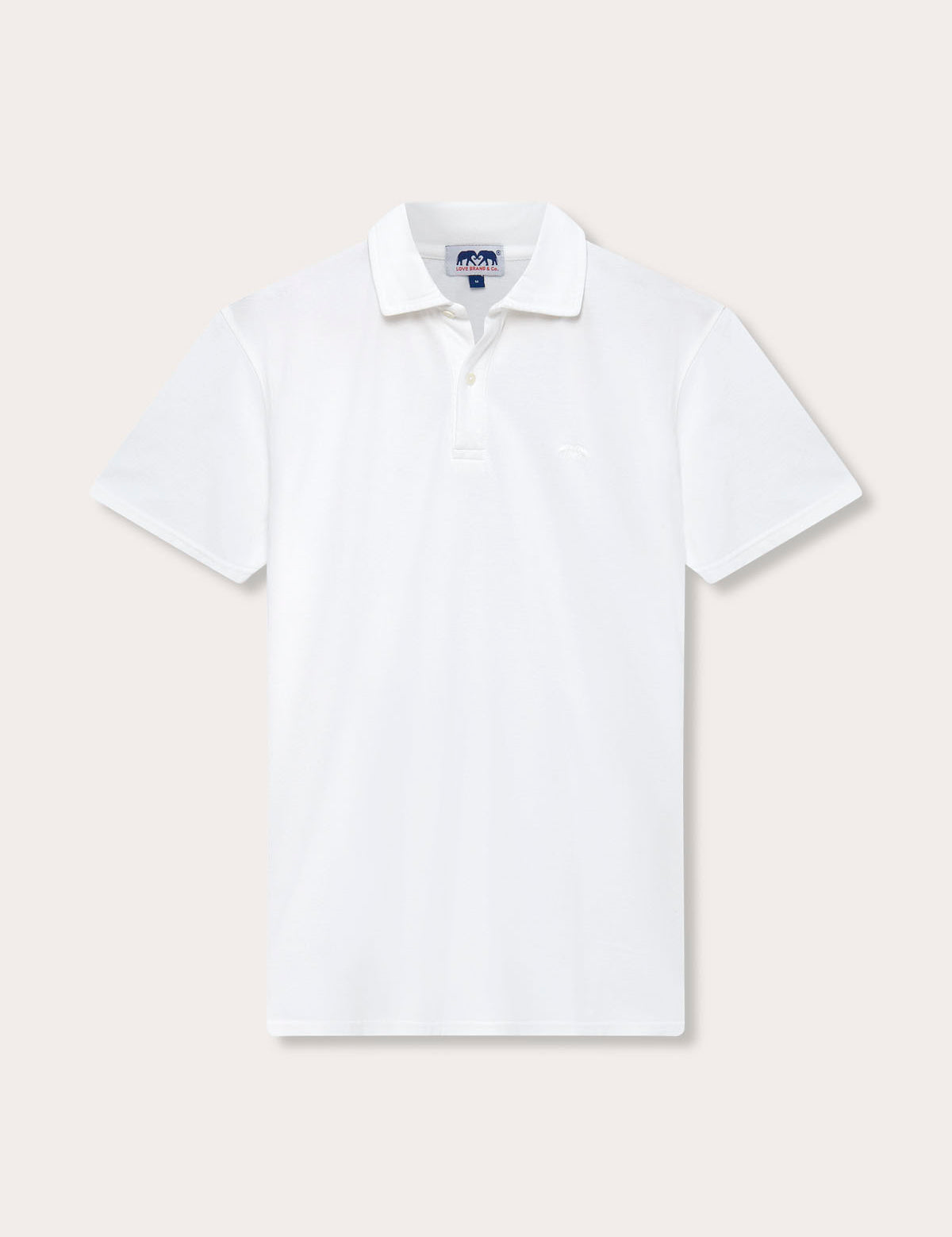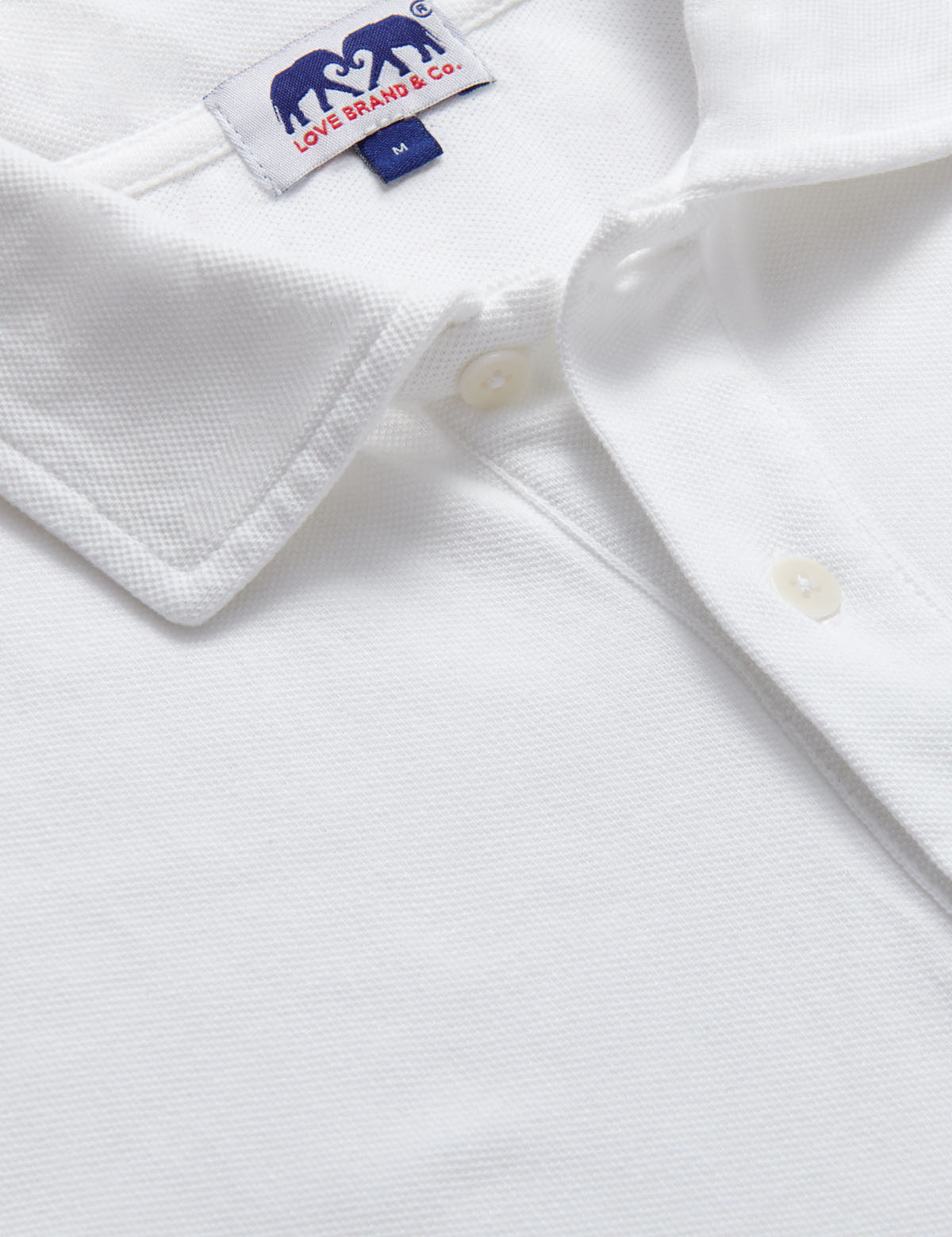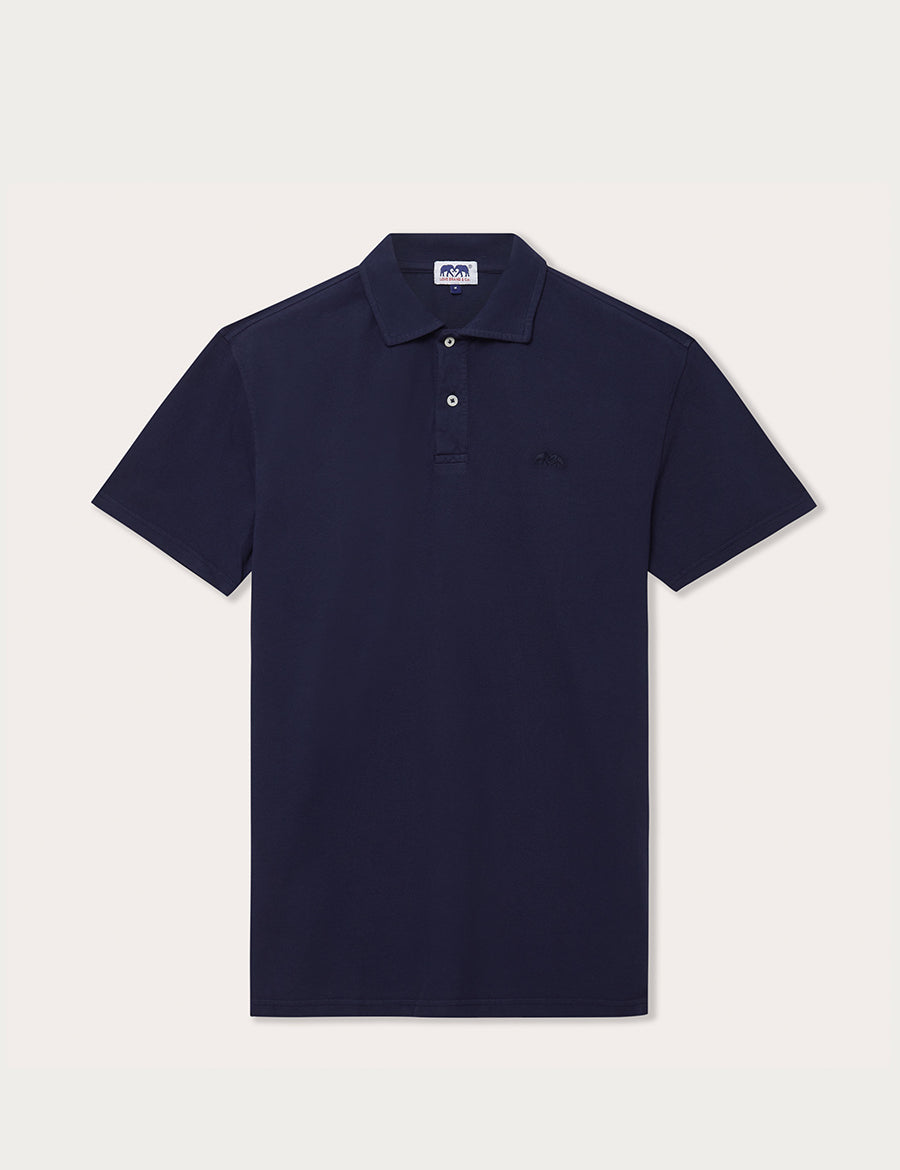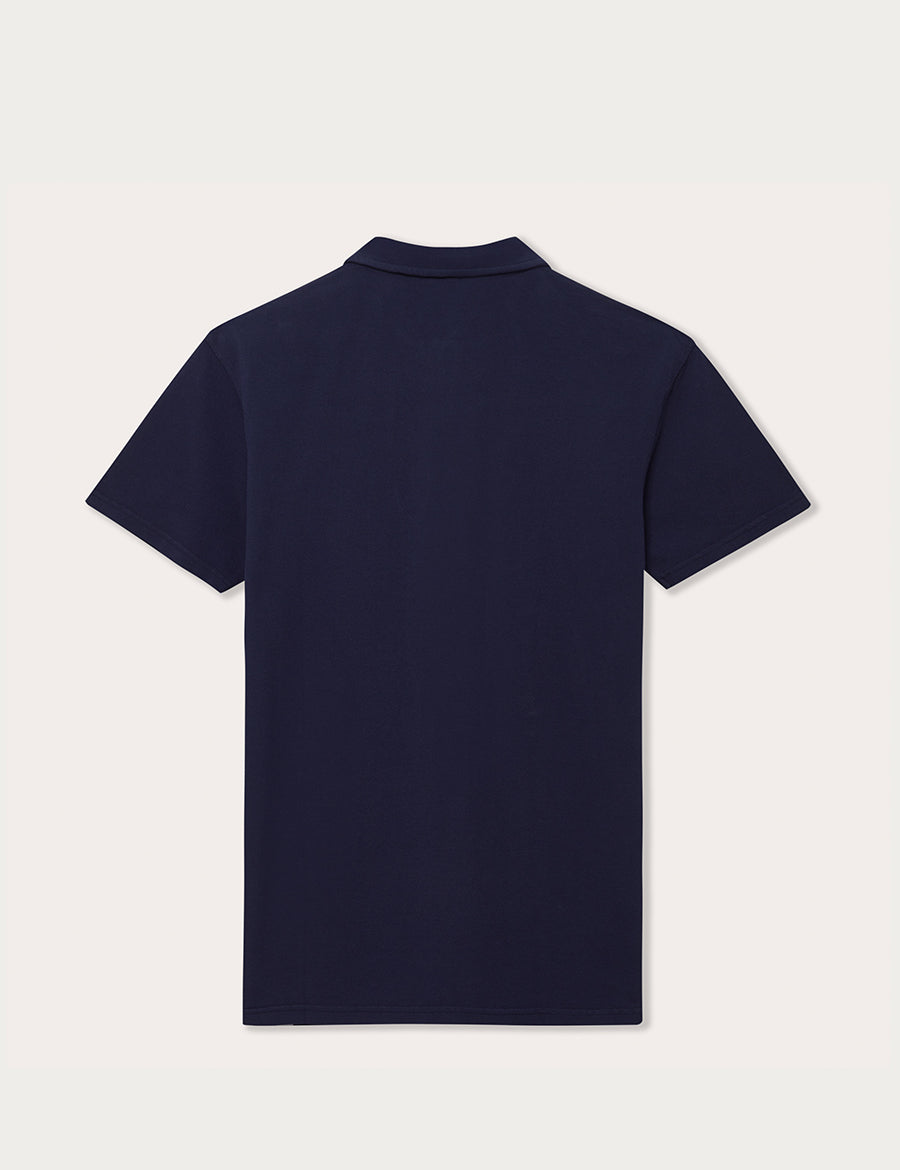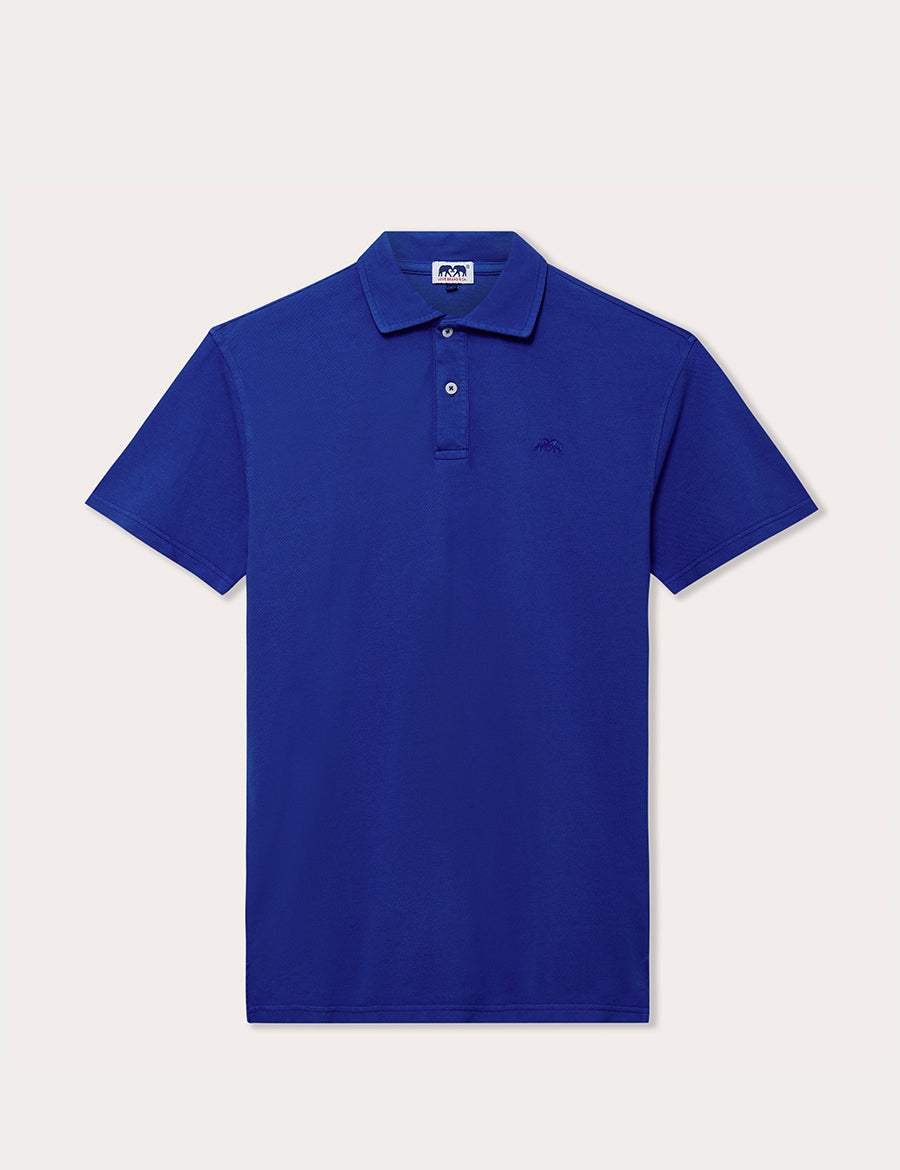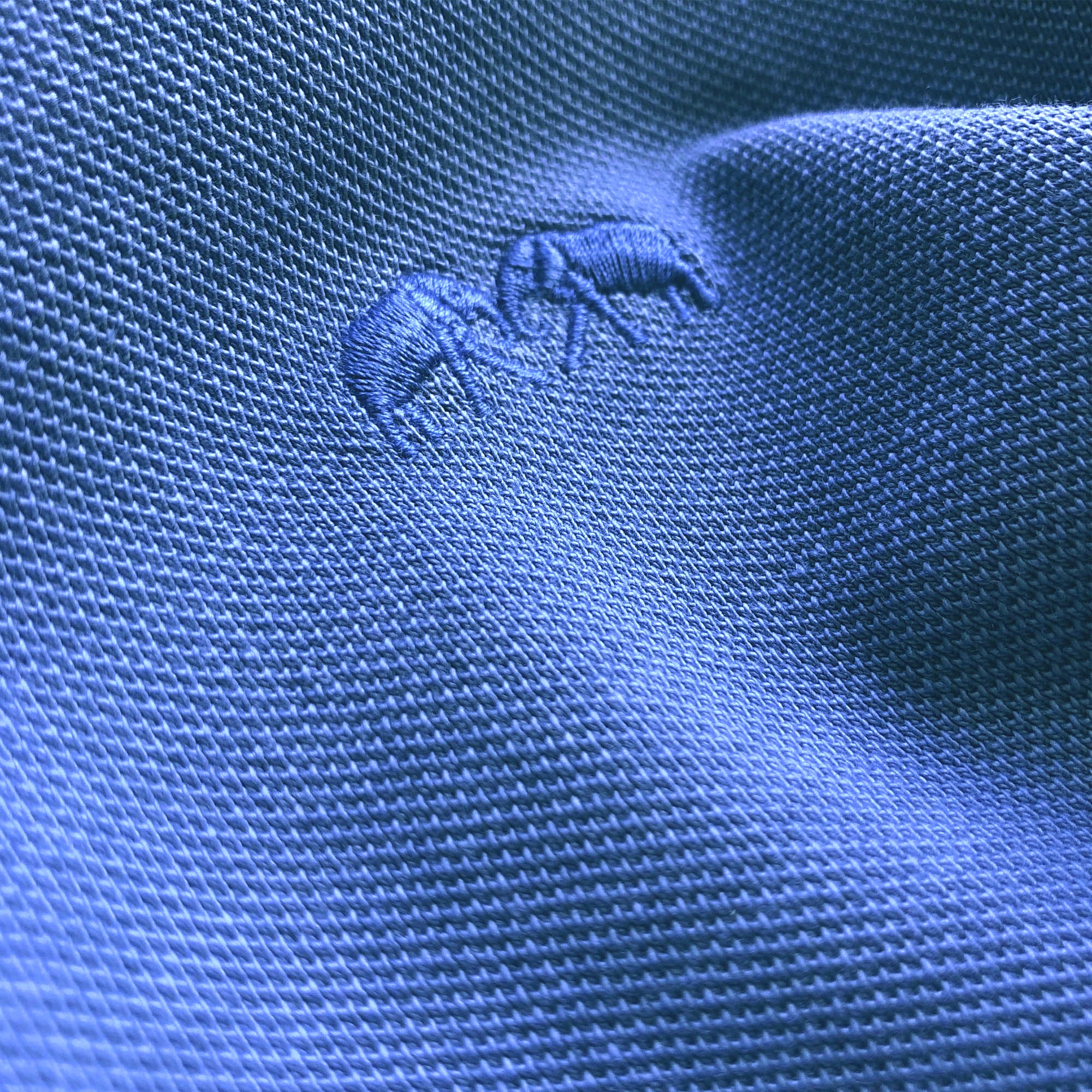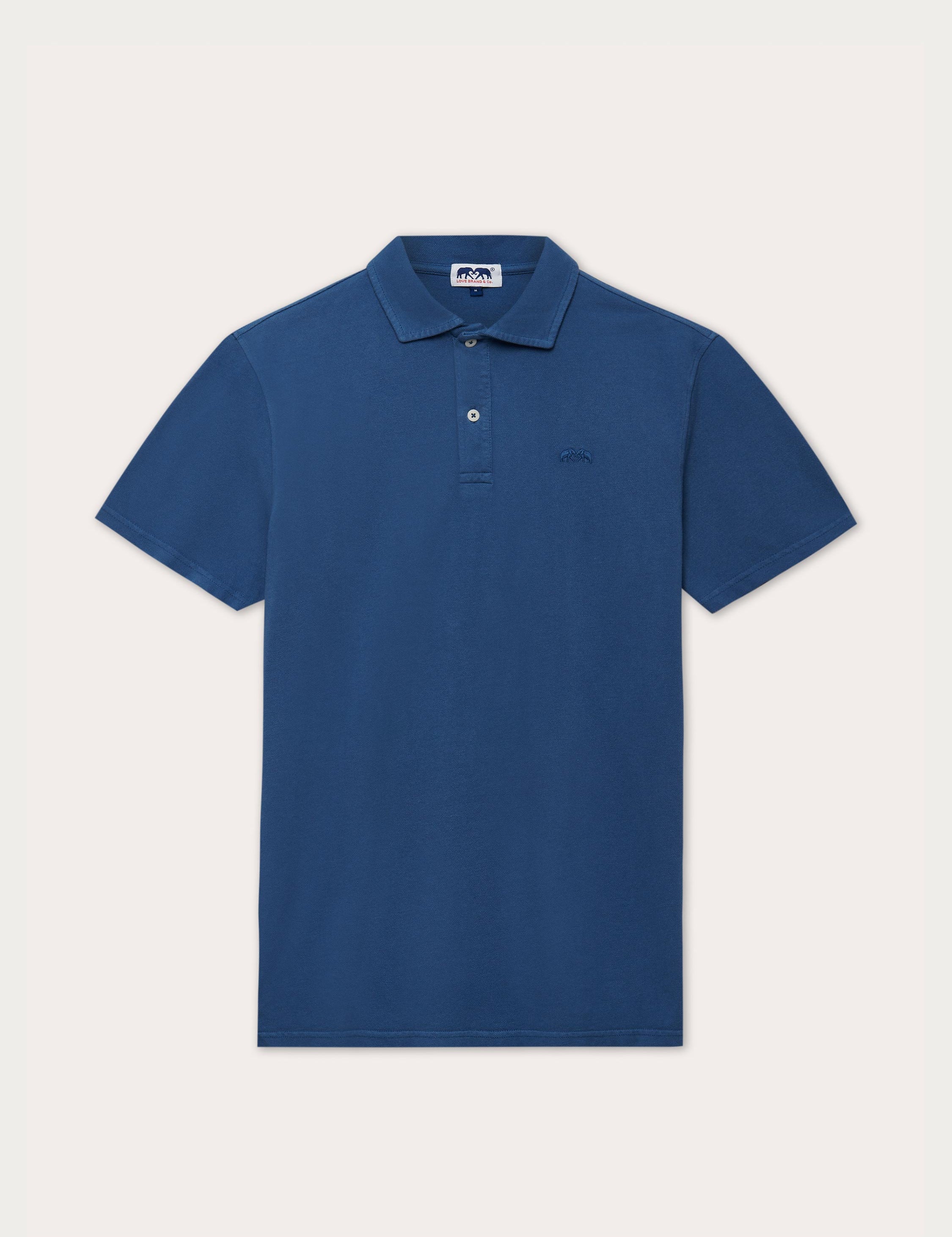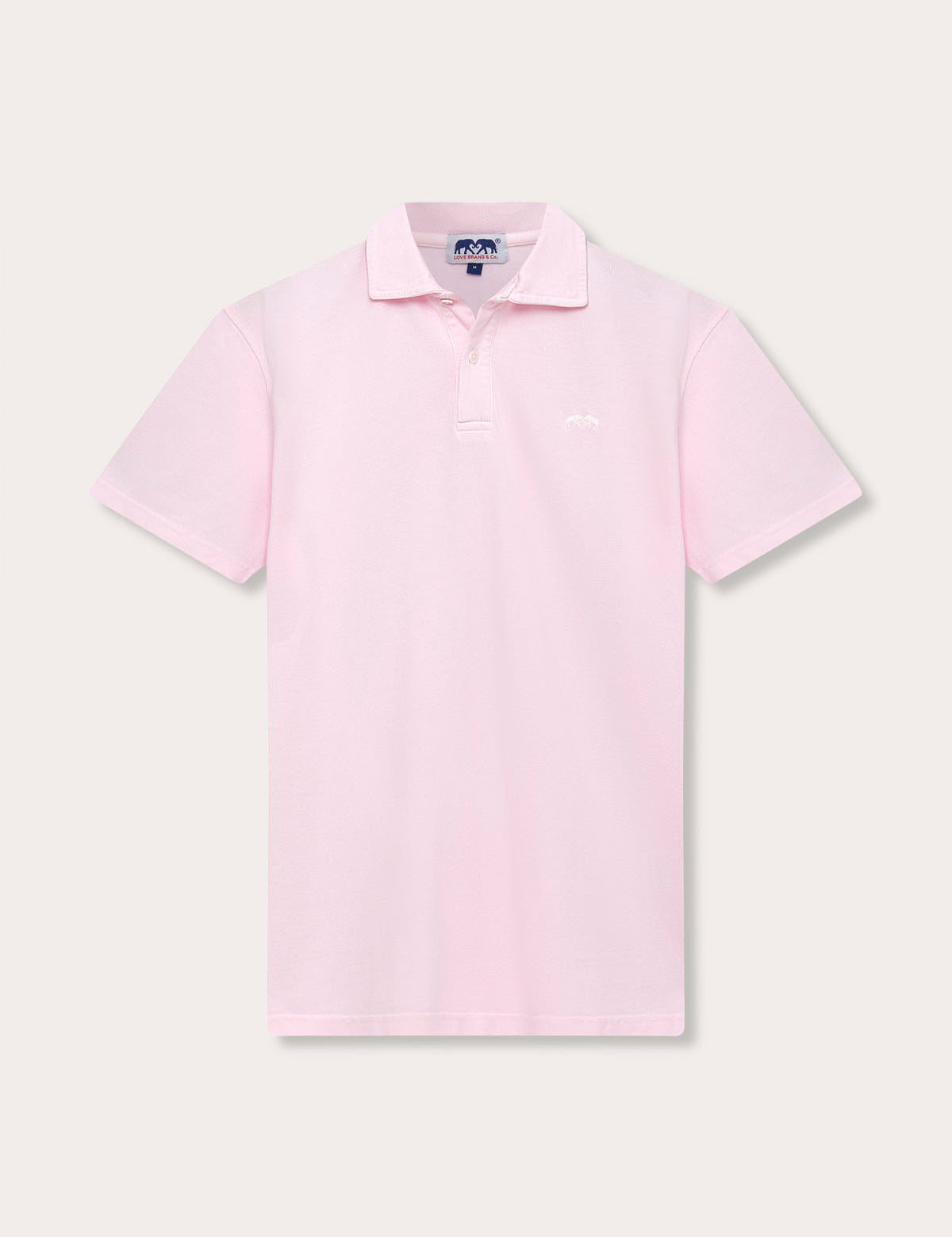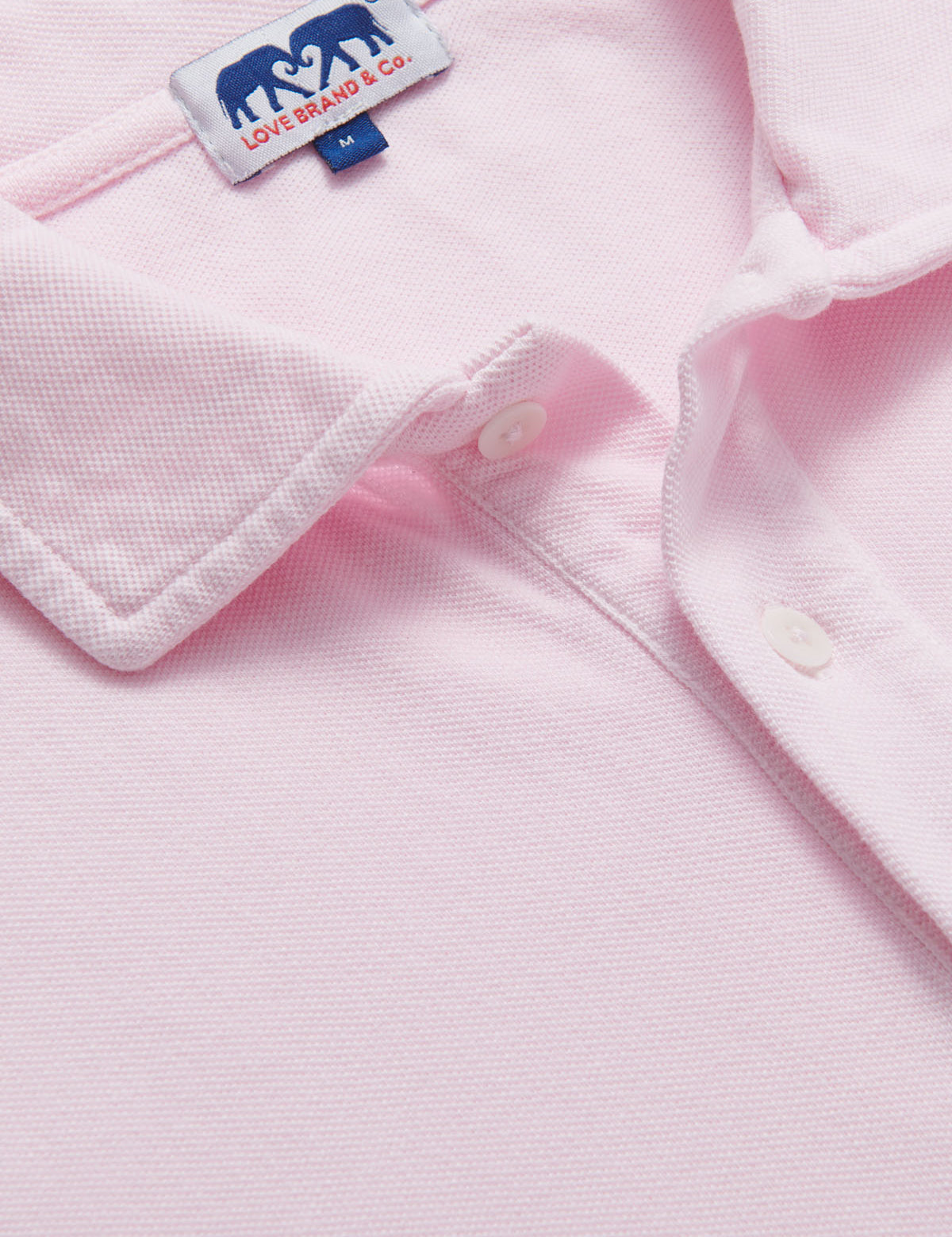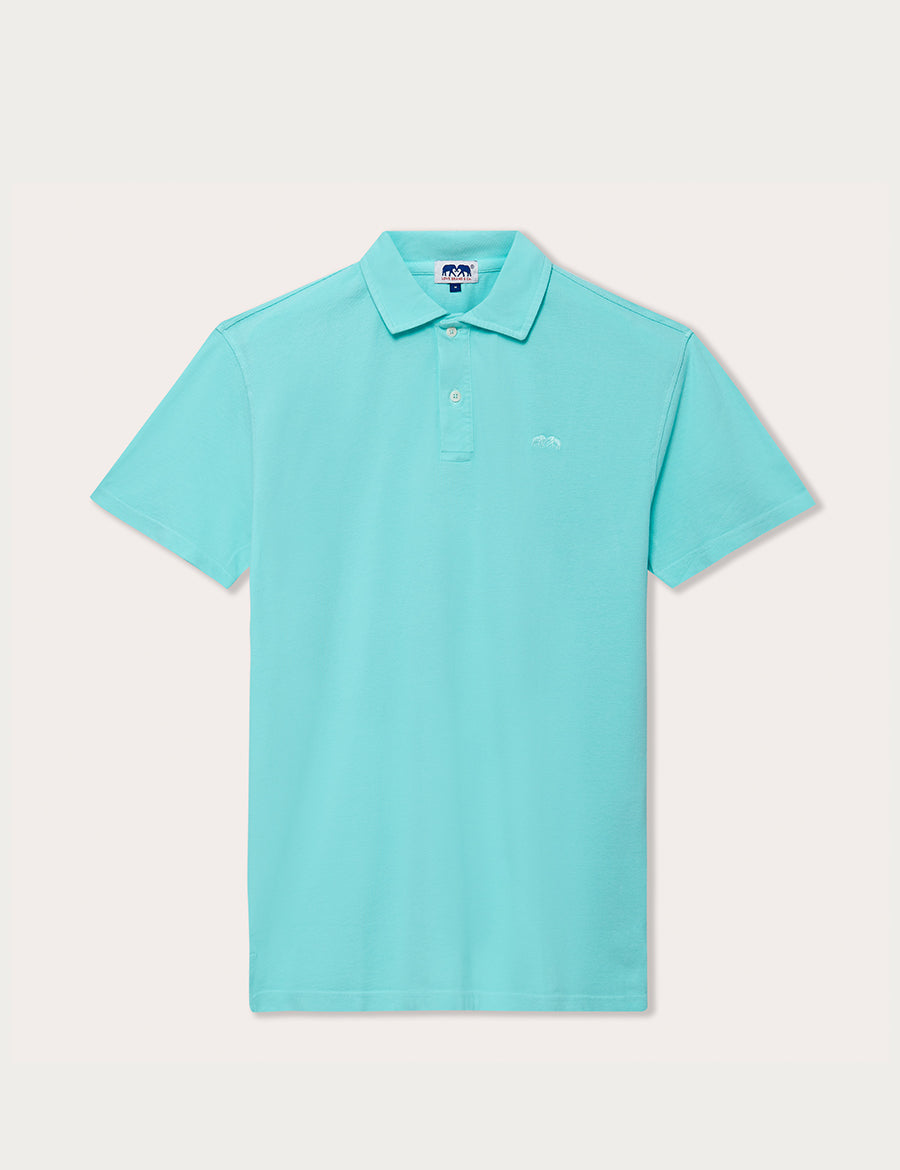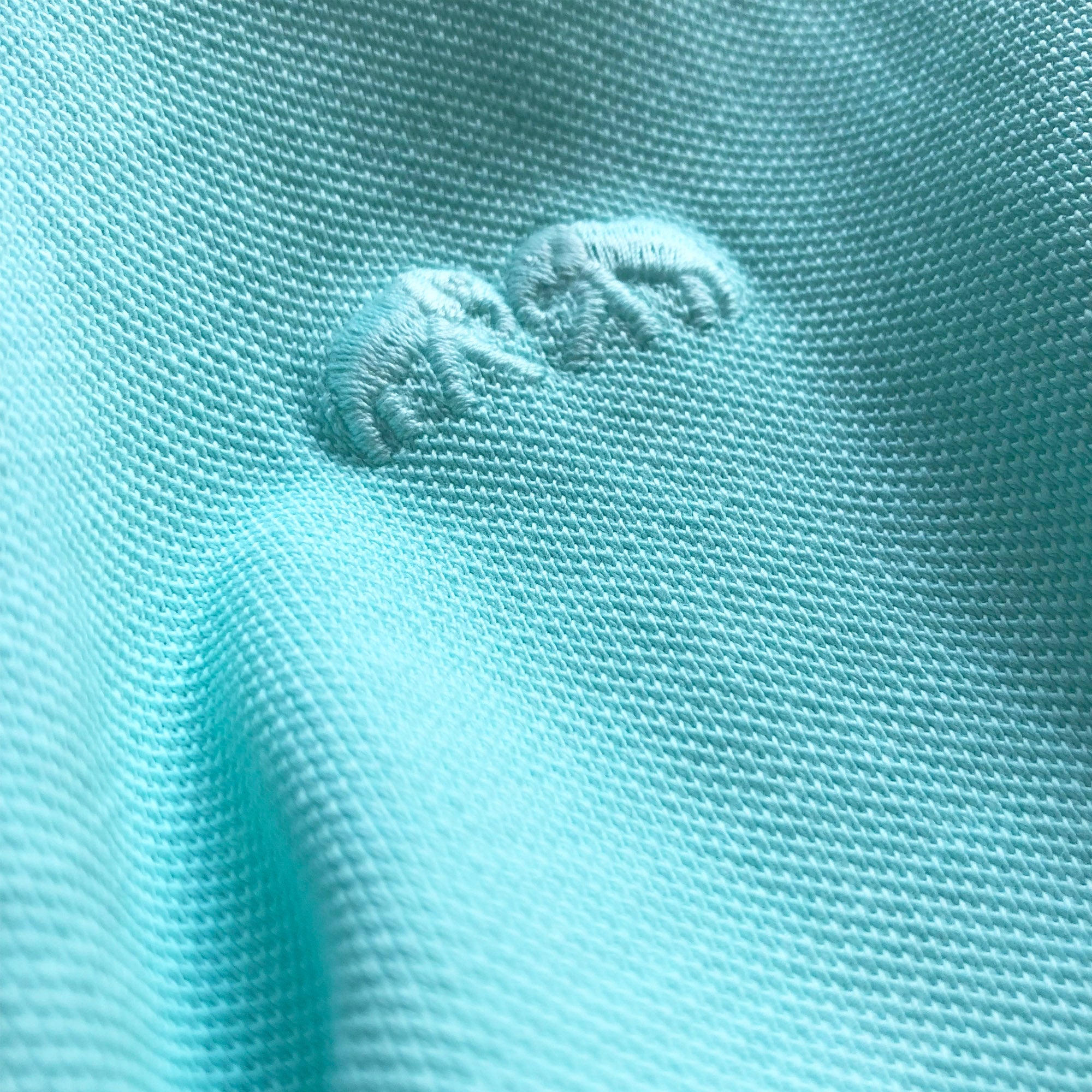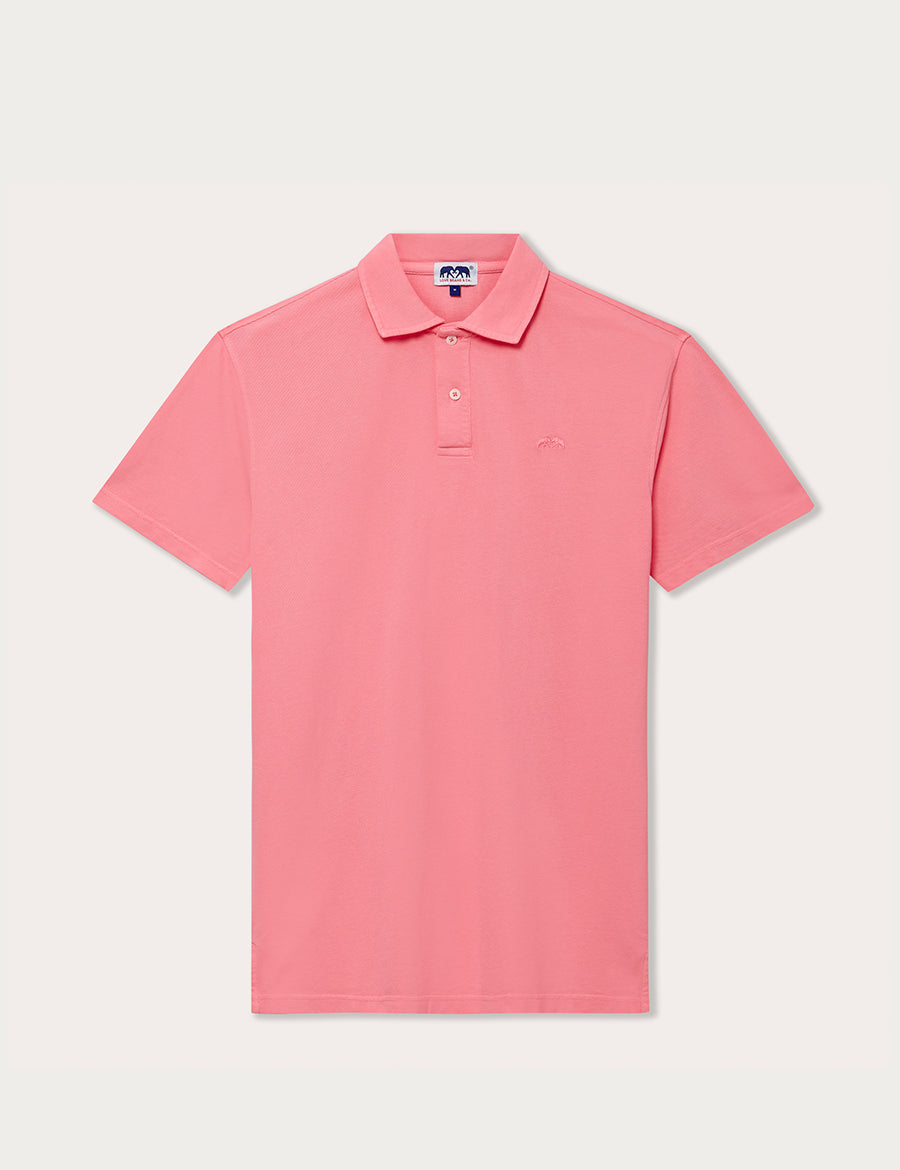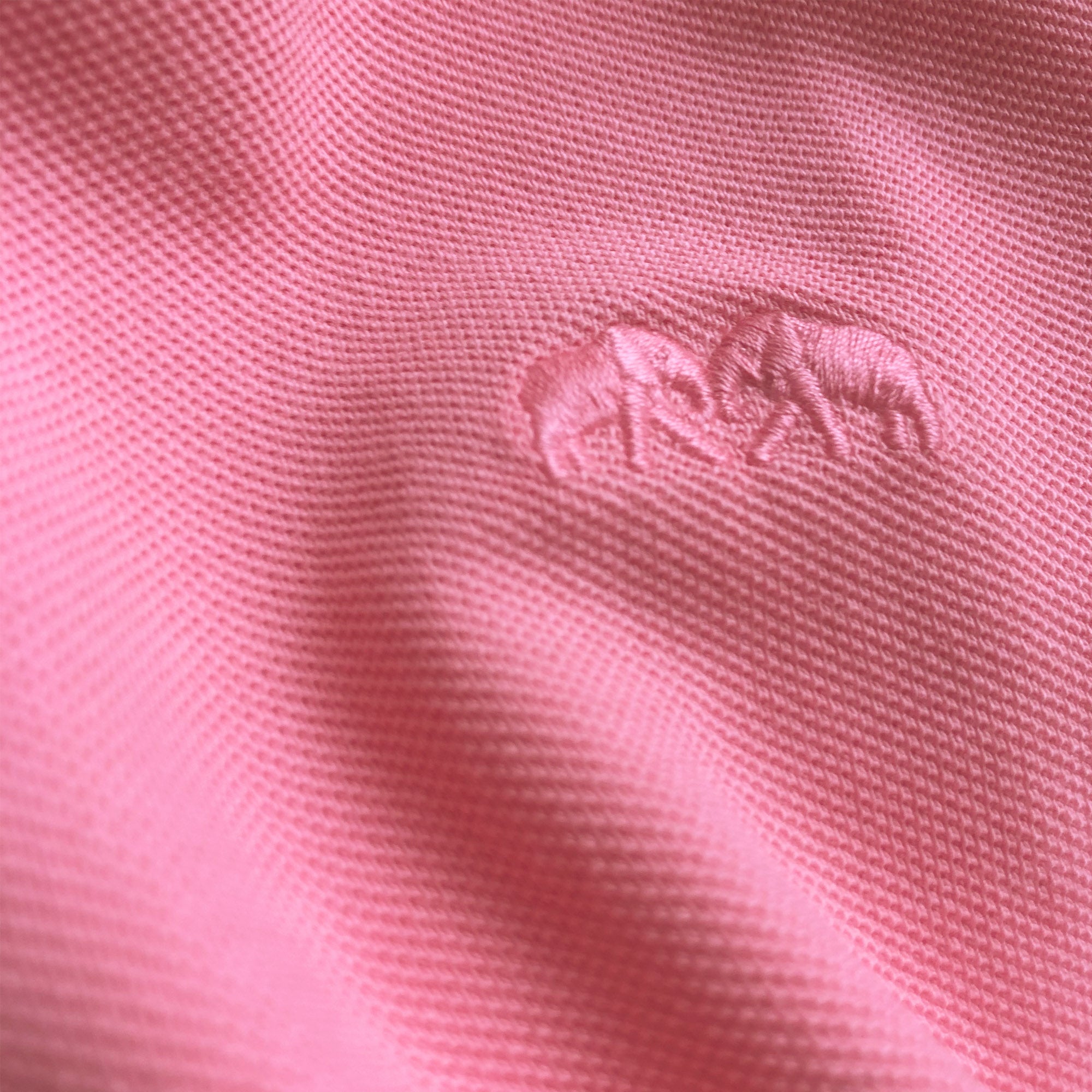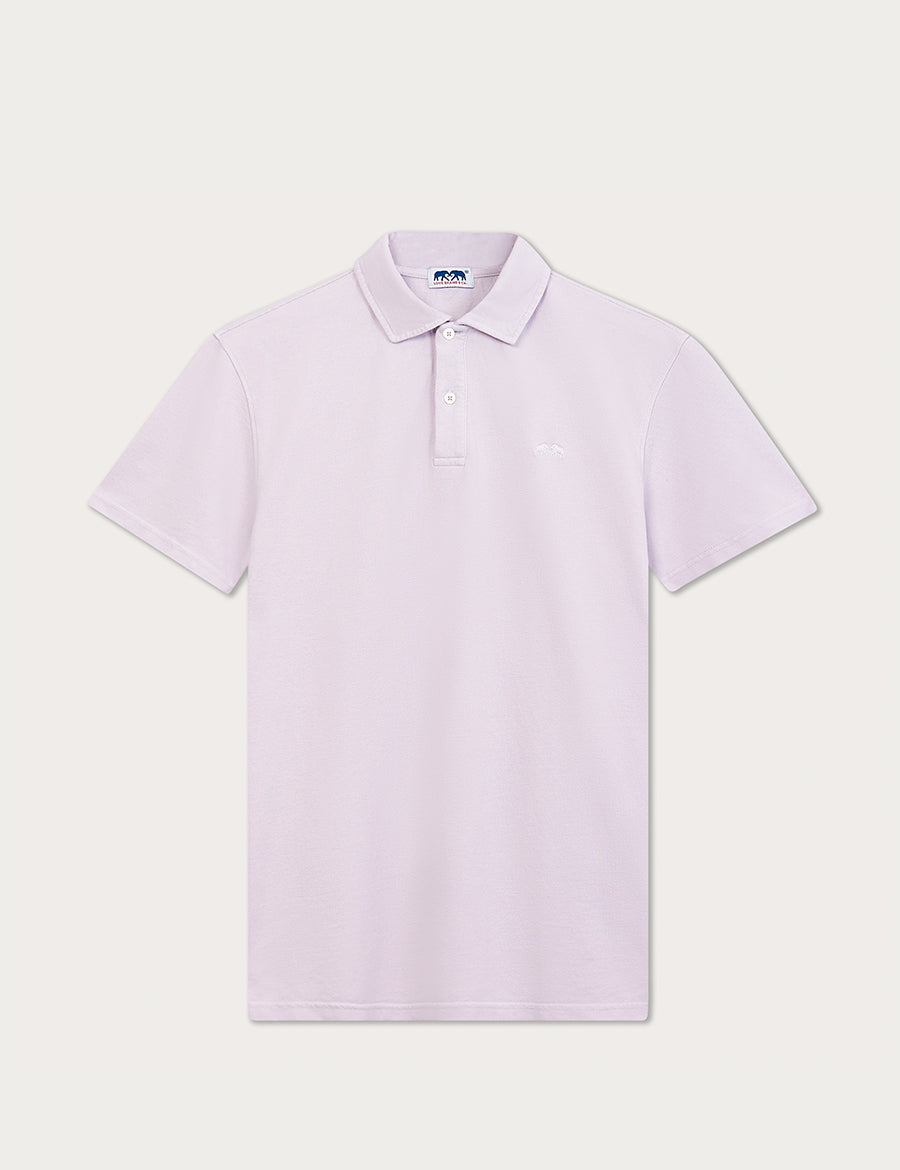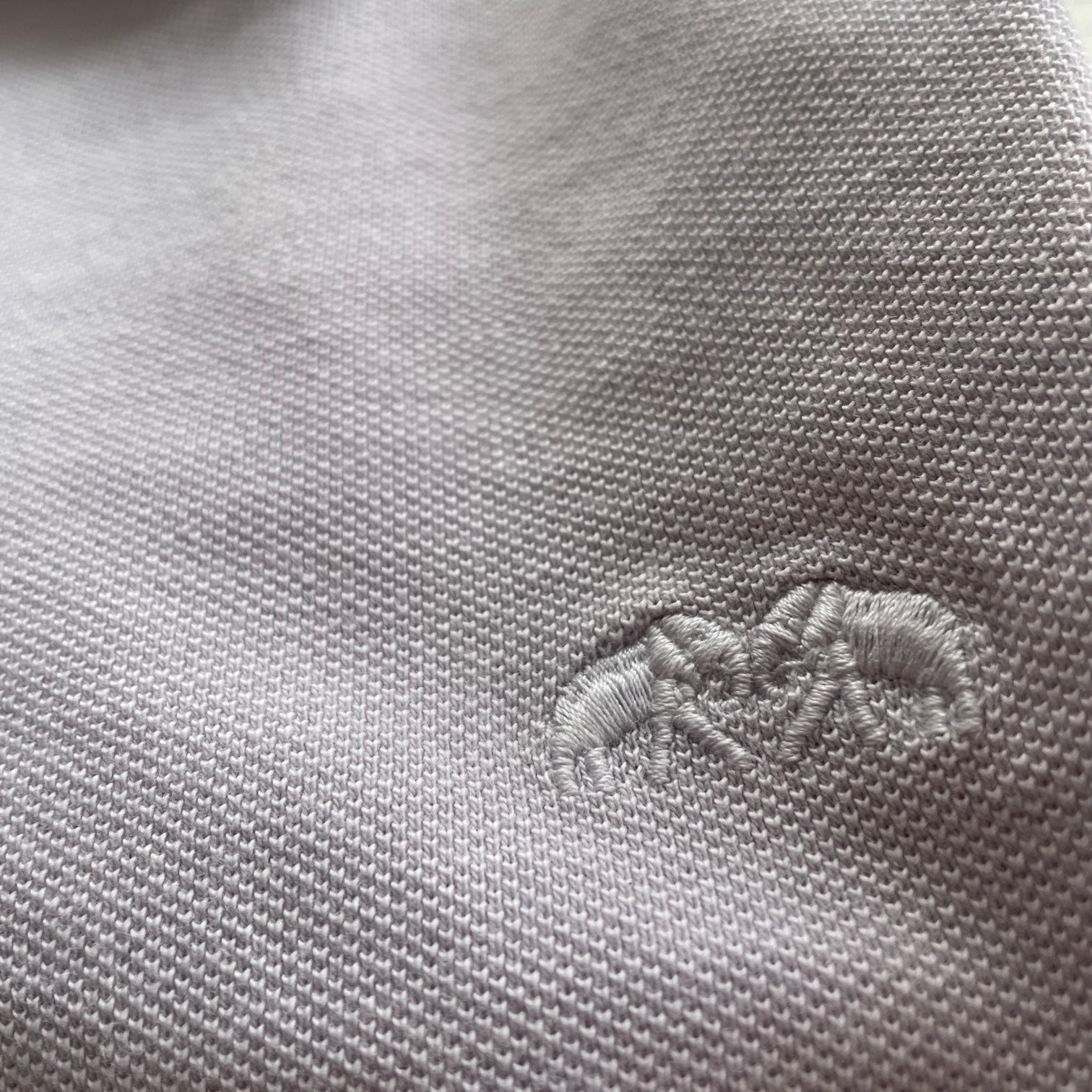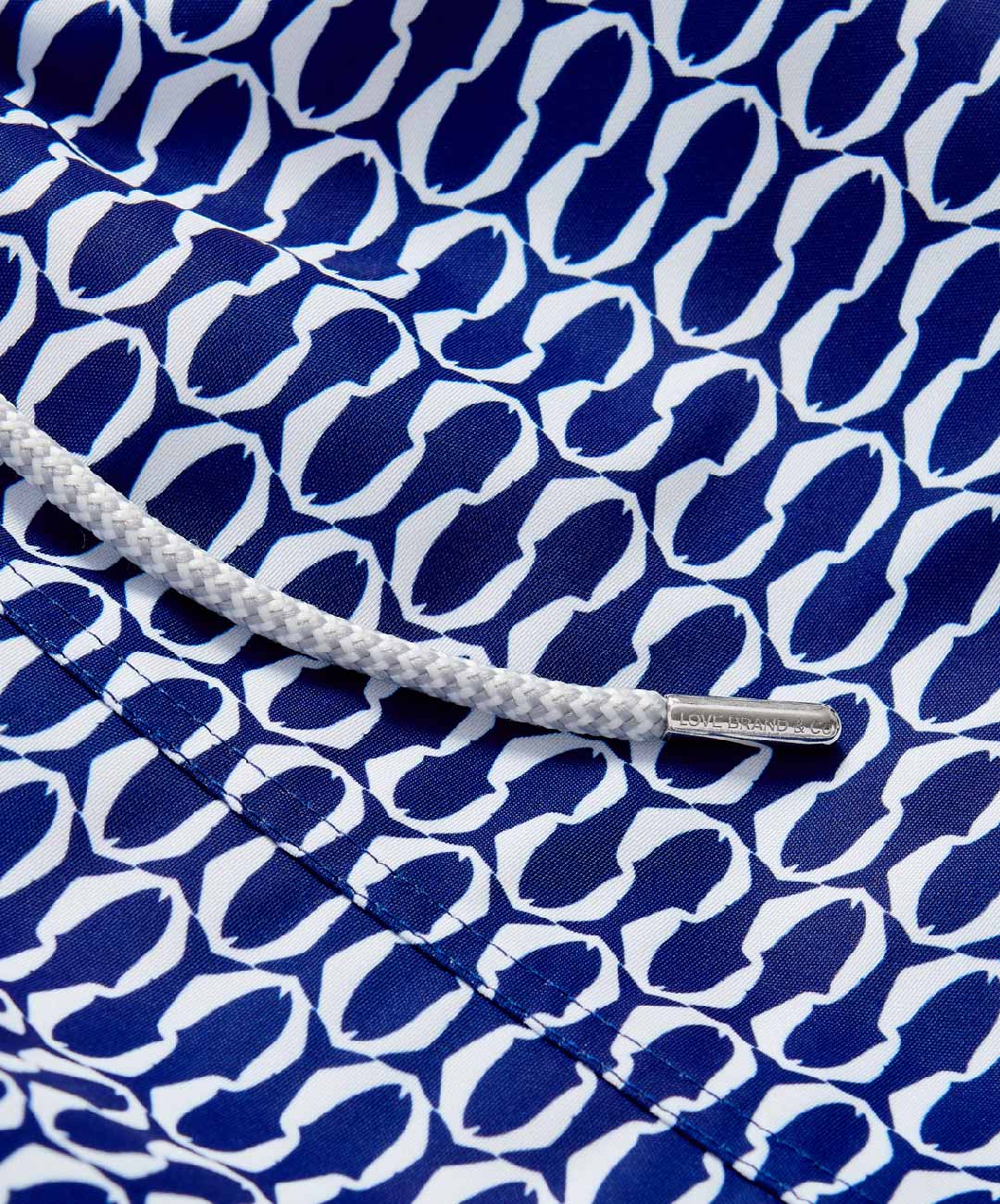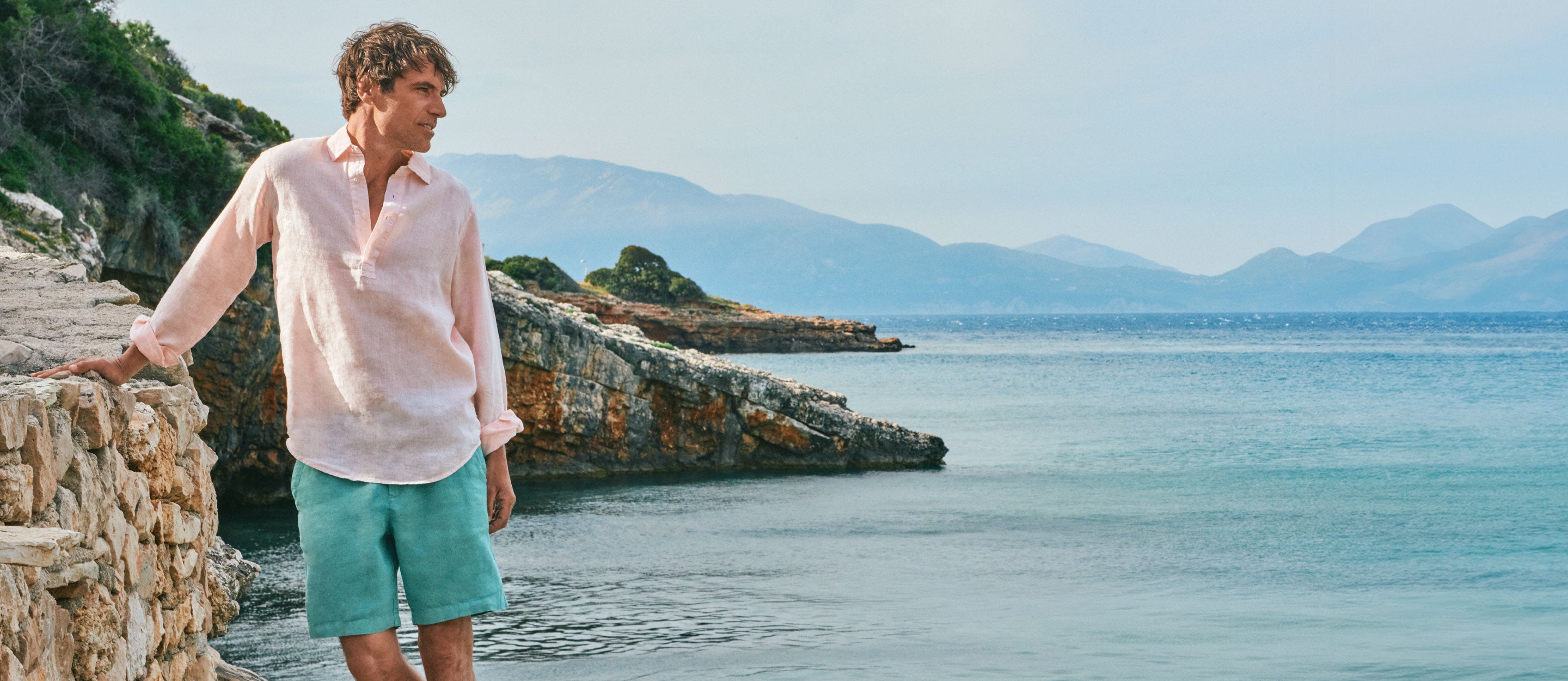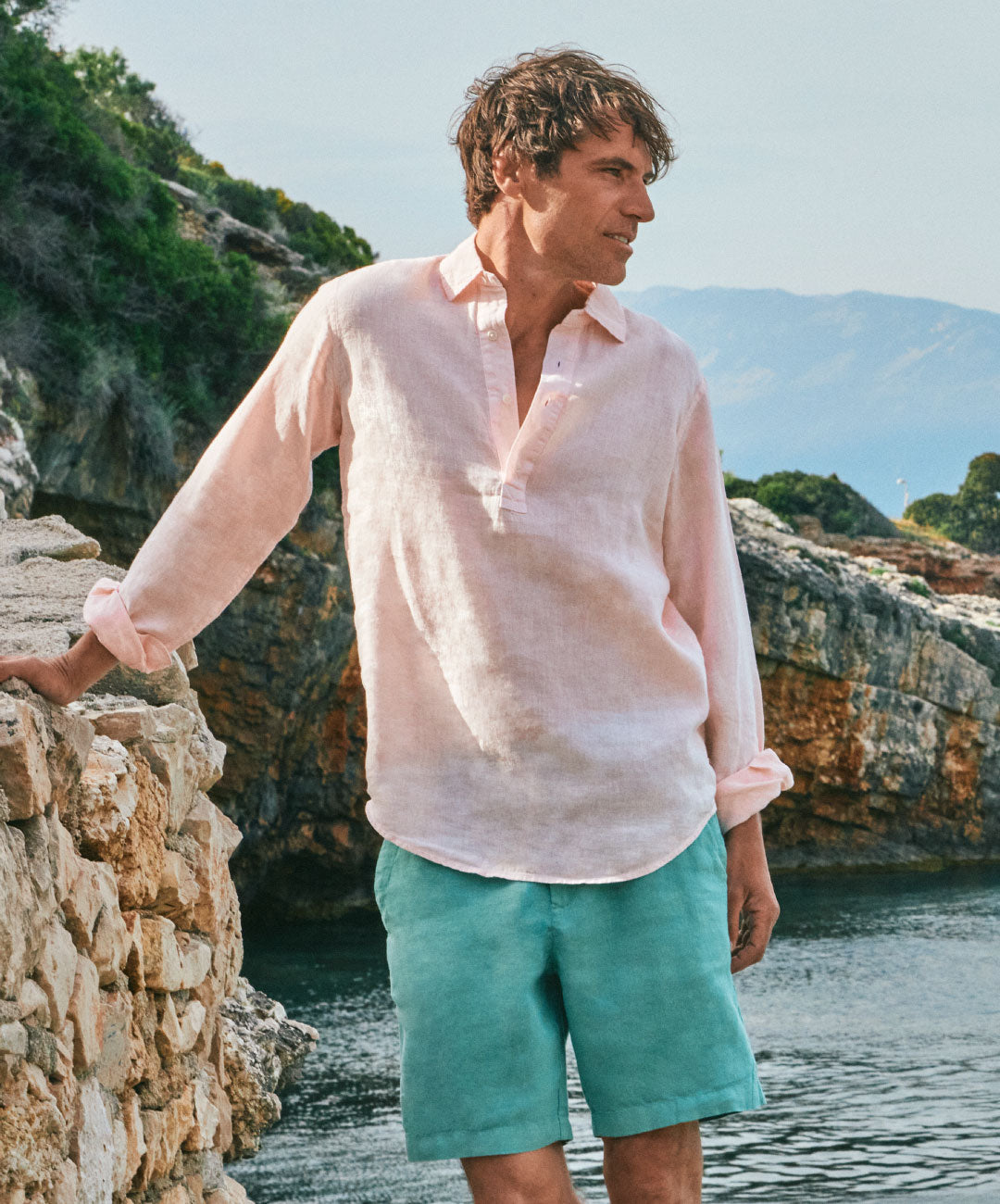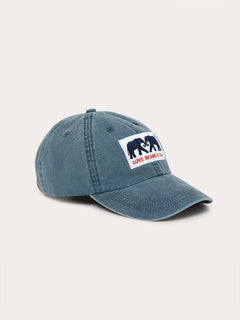THE MUST-HAVE POLO SHIRT
The polo shirt, a timeless staple in casual and semi-formal wear, has a rich history that spans over a century. Its journey from the sports fields to becoming an emblem of preppy style is a fascinating story of fashion evolution, marked by iconic figures and cultural shifts.
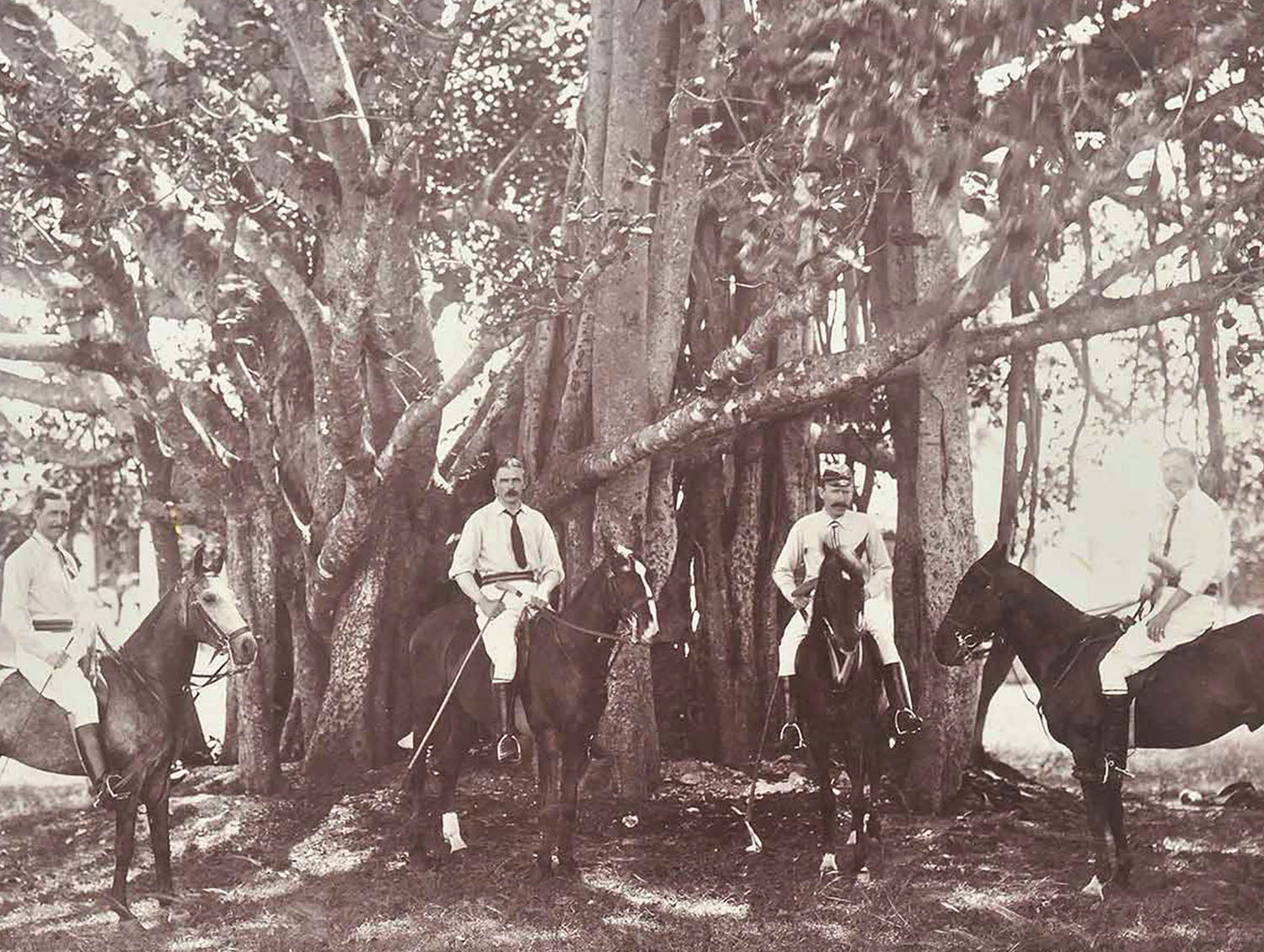
Origins and Evolution
The origins of the polo shirt can be traced back to the late 19th and early 20th centuries, during the height of the British Empire. The traditional game of polo, which was played by British tea planters in India, required attire that was both functional and comfortable. The thick, long-sleeved cotton shirts originally worn were ill-suited to the sweltering heat, prompting a redesign. The solution was a short-sleeved, lighter shirt with a buttoned placket and a collar that could be turned up to protect the neck from the sun.
In the 1920s, French tennis star René Lacoste, known as "the Crocodile" for his tenacity on the court, revolutionized the tennis shirt by designing a short-sleeved, loosely-knit piqué cotton shirt with an un-starched, flat protruding collar, a buttoned placket, and a longer shirt-tail at the back. René's design provided greater comfort and mobility on the tennis court. The shirt debuted at the 1926 U.S. Open Championship and became a sensation.
"The polo shirt's simple, elegant design has allowed it to transcend trends"
From Sport to Fashion
René's innovation didn't stay confined to the tennis courts. It was adopted by polo players in the 1930s, who found the design well-suited to their own sport, thus earning the moniker "polo shirt." Post World War II, René Lacoste partnered with André Gillier and started mass-producing the shirt, complete with the now-famous crocodile emblem, marking the beginning of branded clothing.
The polo shirt's journey into mainstream fashion began in earnest in the 1950s, as it became popular leisurewear in the United States. Icons like President John F. Kennedy, Bing Crosby, and Paul Newman were often seen in polo shirts, further cementing its status as a stylish, versatile piece. The 1970s saw Ralph Lauren include the polo shirt in his "Polo" line, intertwining it with an aspirational lifestyle and the sport's prestigious connotations.
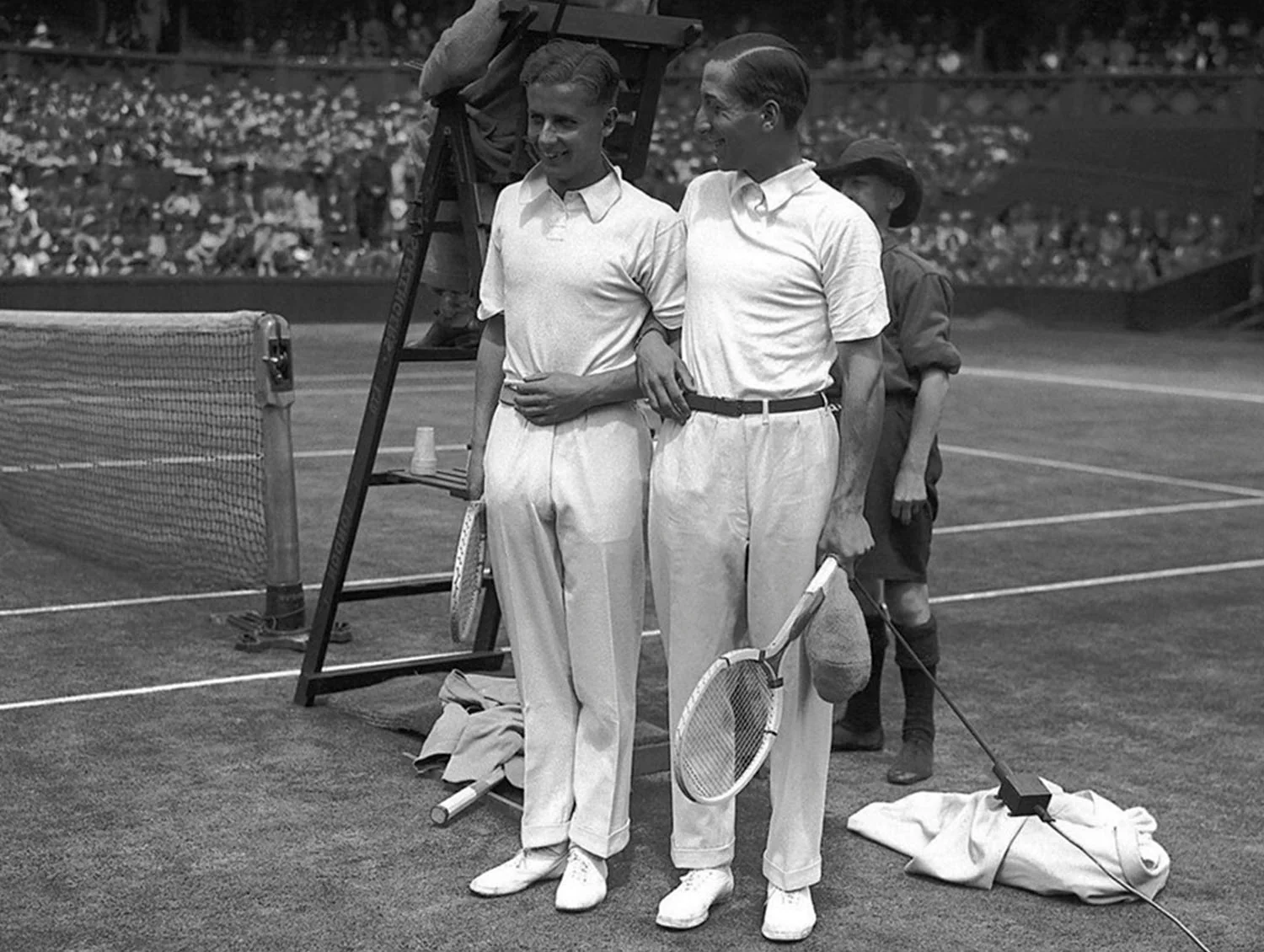
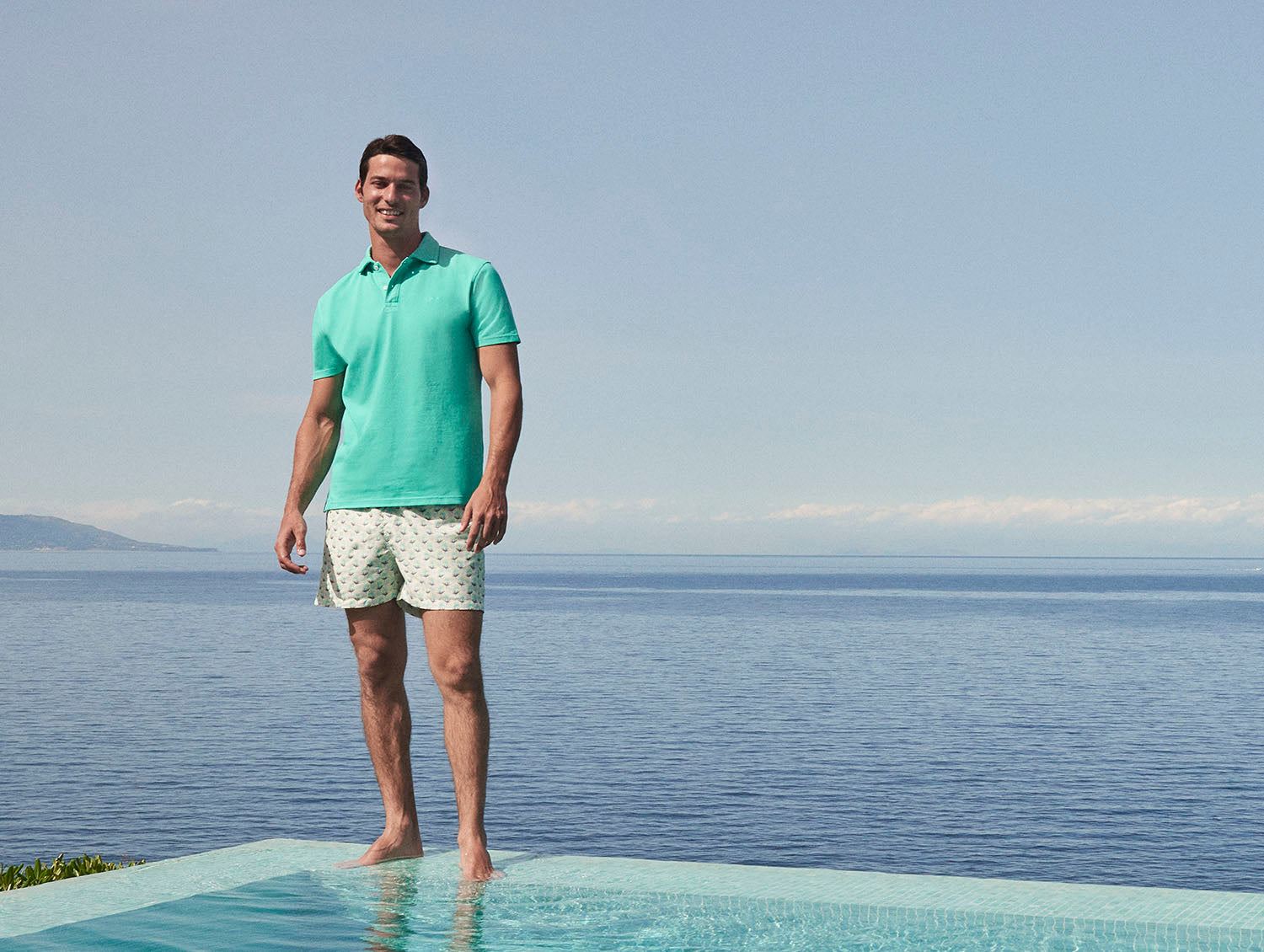
The Love Brand Polo Shirt
The namesake is the small island Pensacola Cay (26° 58' 51.96'', -77° 40' 45.12'') in North Abaco in The Bahamas. The remote island has joined another to create Allans Pensacola Cay, a beautiful destination when sailing through the archipelago. The Pensacola Polo encapsulates the island, expertly crafted in Portugal from a breathable and lightweight 100% organic cotton pique fabric, an easy-breezy cut and finished with our signature LOVE BRAND & Co. elephants and corozo nut buttons.
The Preppy Icon
The 1980s saw the polo shirt become synonymous with the "preppy" look, a style characterised by a clean, collegiate appearance. The polo shirt was a key element of this trend, often paired with chinos or khaki pants. The preppy look signified a lifestyle of leisure and affluence, and the polo shirt's association with sports like golf and tennis only reinforced this image.

The polo shirt's simple, elegant design has allowed it to transcend trends, continually being reinvented by designers and embraced by new generations. Its versatility has made it a staple in wardrobes worldwide, worn by everyone from school children to corporate executives.
The polo shirt's history is a testament to the power of functional design in fashion. What began as sportswear for tennis and polo has become a cultural icon, embodying a blend of comfort, simplicity, and elegance. From René Lacoste's initial design to its role in the preppy movement and beyond, the polo shirt remains a symbol of refined casual wear. Its evolution reflects broader trends in fashion and society, making it not just a piece of clothing but a piece of history.
Men's Polo Shirts
Image Credits
https://www.past-india.com/
https://www.heddels.com/

